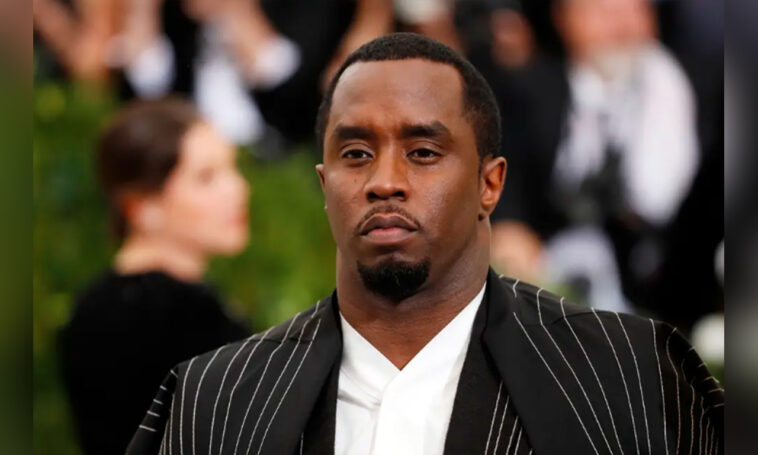Attorneys for Sean “Diddy” Combs have filed a motion in court requesting that the names of his accusers in a federal sexual assault and trafficking case be made public. The lawyers argue that this information is crucial for preparing a defense and maintaining a fair trial, especially given the extensive media coverage surrounding the allegations.
Combs, a prominent figure in the music industry, has faced multiple accusations of running a criminal enterprise aimed at sexually assaulting and exploiting women. He was arrested by federal agents in September and is currently in custody at the Metropolitan Detention Center in Brooklyn. Combs is set to face trial in May 2025 and could potentially face life in prison on charges including racketeering, sex trafficking, and transportation to engage in prostitution.
His legal team contends that the anonymous nature of the accusations has severely damaged his reputation. The motion highlights that the media frenzy surrounding the case is not only harmful to Combs’ character but also impedes his right to a fair trial.
“These swirling allegations have created a hysterical media circus that, if left unchecked, will irreparably deprive Mr. Combs of a fair trial,” the motion states.
Combs has consistently denied all allegations against him. A representative for the hip-hop mogul did not respond to requests for comment from The Washington Post. The call for public identification of the accusers follows a troubling history of accusations against Combs, including a previous incident involving his ex-girlfriend, Casandra “Cassie” Ventura. In that case, Combs settled a lawsuit where Ventura accused him of rape and abuse, a situation that has added complexity to the ongoing legal battles.
The legal maneuvering comes as Combs’ team prepares for a potential wave of new lawsuits. Reports indicate that more than 100 additional sexual assault allegations are being prepared against him by various lawyers, including Tony Buzbee and Andrew Van Arsdale. These lawsuits are set to further complicate the legal landscape for Combs, who already faces multiple civil suits.
Experts suggest that the motion for public identification of accusers may not significantly impact Combs’ defense in the long run. Heather Cucolo, a professor of criminal law at New York Law School, indicated that the effort might be more about creating a narrative than achieving a tangible legal outcome. “It could be the opening salvo in what could be a long-running show to continuously appeal the federal government,” she said. Cucolo noted that the motion could also serve as a strategy to attempt to dismiss the federal case altogether.
Historically, courts tend to protect the identities of alleged victims to ensure their safety. The federal Crime Victims’ Rights Act is designed to safeguard victims from potential retaliation or harassment from those accused of crimes. Given this legal framework, it is unlikely that a judge will grant the request to publicly disclose the names of Combs’ accusers.
Cucolo added that revealing the identities of accusers in the federal case could have broader implications for ongoing and future civil lawsuits. Potential plaintiffs may hesitate to come forward if they fear that their identities could become public. “It might have a chilling effect, though, where a person will back out,” she explained.
Recent developments in the case include new lawsuits that allege sexual assault linked to Combs’ high-profile social events, particularly his White Party held in the Hamptons. Several accusers claim that assaults occurred during these gatherings, further complicating Combs’ legal troubles.
As the case unfolds, the media coverage continues to intensify, creating a challenging environment for all parties involved. Combs remains adamant in his plea of not guilty and has made multiple attempts to be released on bail, all of which have been denied by the courts.
The legal battles surrounding Sean Combs are far from over. His team is working tirelessly to address the allegations, while the public closely monitors the situation. With a trial date set for May 5, 2025, the coming months will likely see a flurry of activity in the courtroom as both sides prepare for a high-stakes legal showdown.
The ongoing federal case against Sean “Diddy” Combs raises significant questions about the intersection of celebrity, legal rights, and public scrutiny. As his lawyers push for transparency regarding his accusers, the implications of their request highlight the complexities of navigating justice in a media-driven world.






Join the Community and Be a Part of the Conversation
You must be logged in or registered to post a comment.